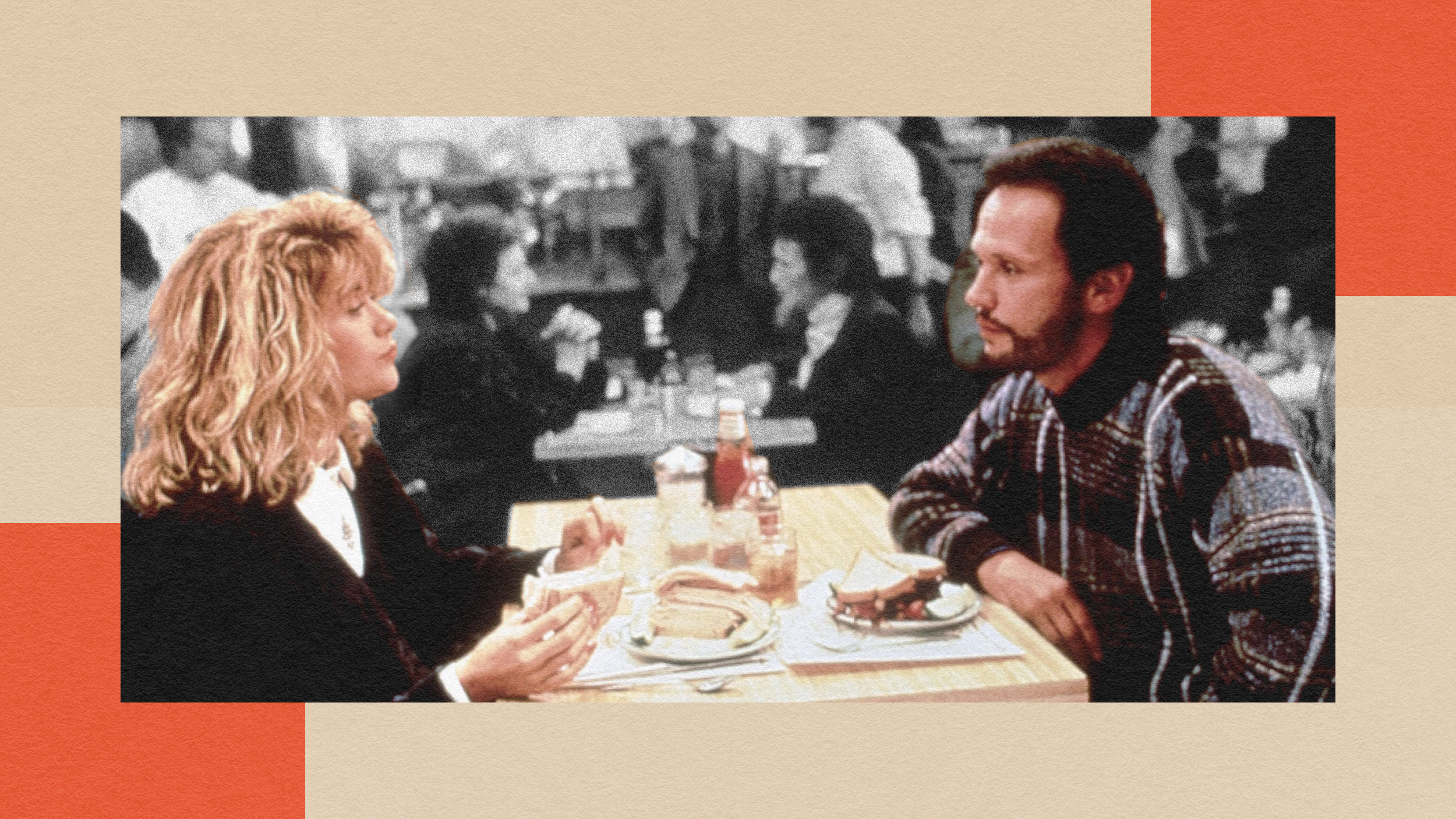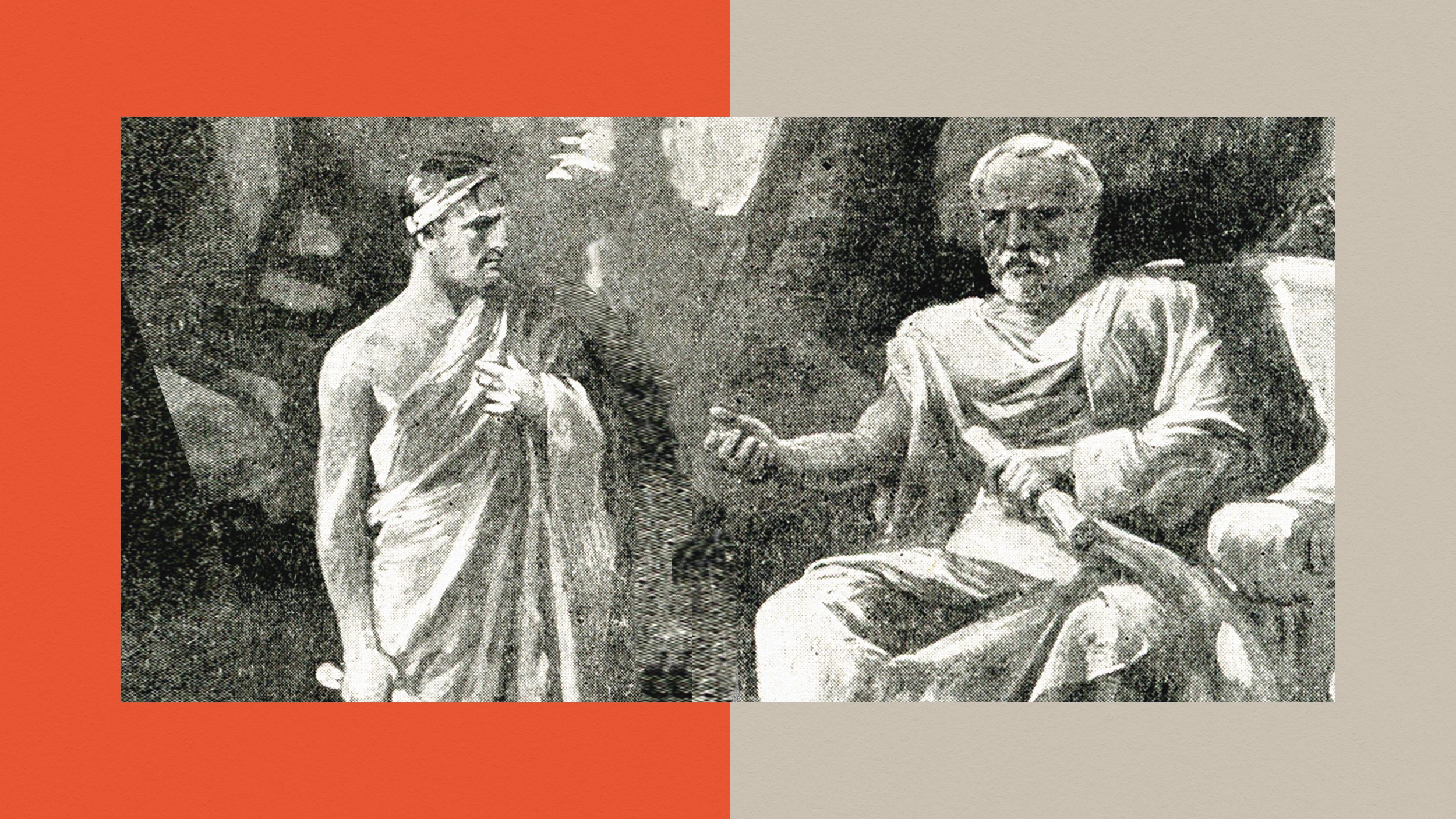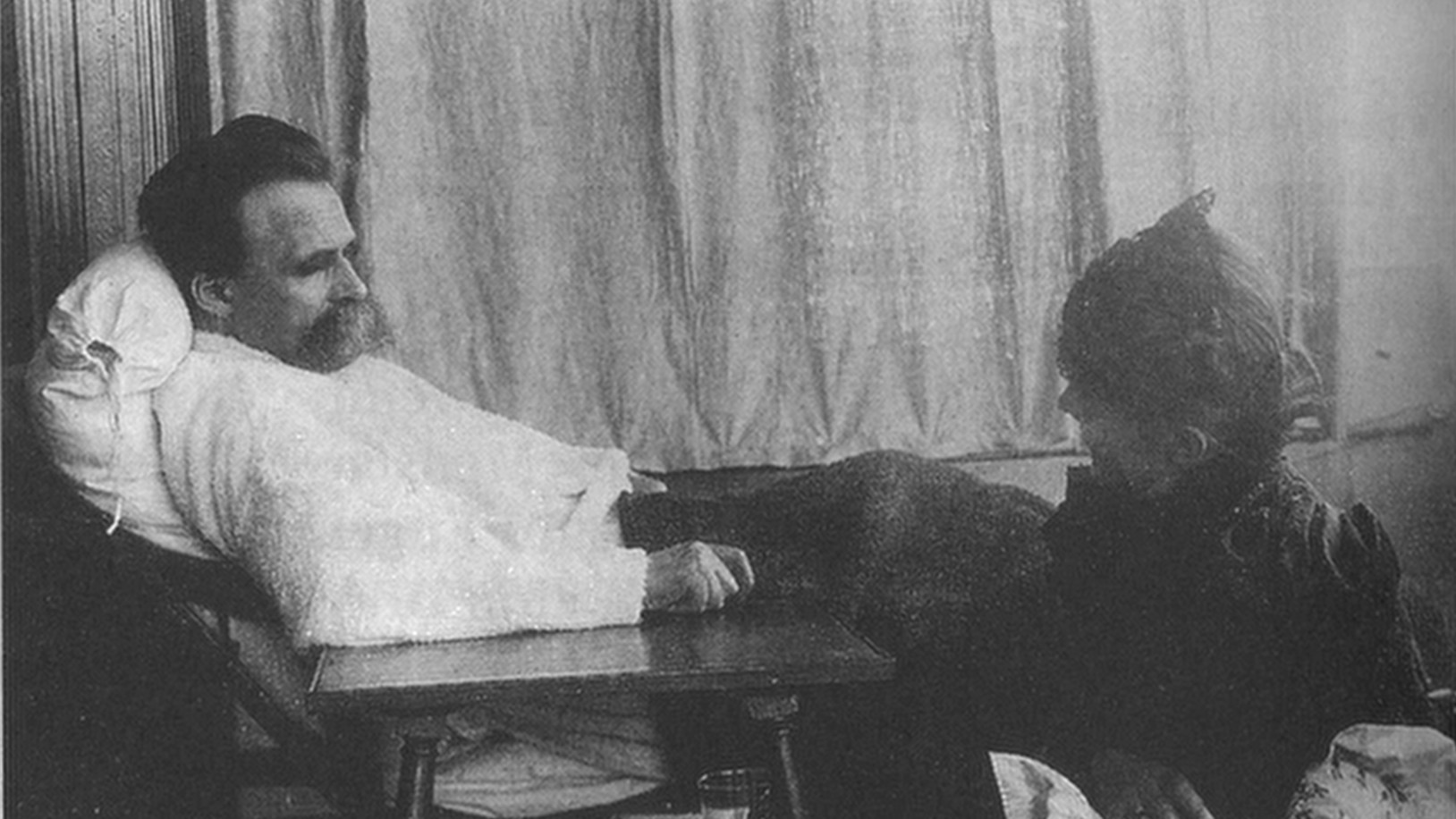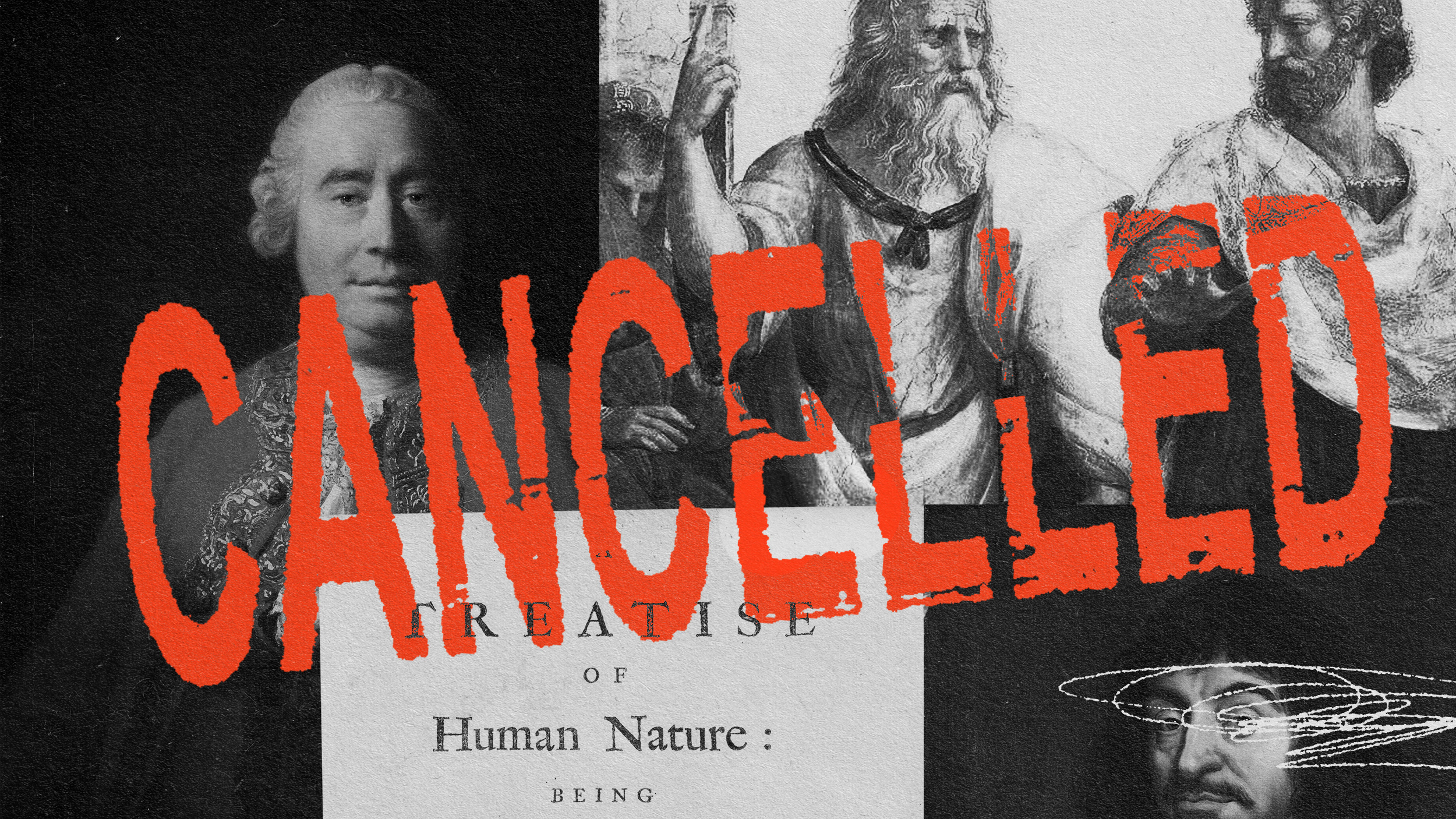Superman Should Not Study Philosophy

Disclaimer: This is a long post and it is about philosophy.
At its heart, Man of Steel is a movie about how we can solve all of our problems through brute force and weight lifting. If only we could weight lift enough!
It’s movie filled to the brim with twisted symbolism, mixed metaphors, and conspicuously wrongheaded one-liners. At one point, a young Clark Kent can be seen reading Plato, only to be interrupted by by bullies, who he declines to fight back against.
I love Plato, and have found much intellectual stimulation and literary merit in his work. Maybe more so than in the work of any other historical writer.
But, the idea of the boy who would be Superman reading Plato terrifies me.
I study philosophy full time. I have read and engaged with and written about Plato’s Republic and almost all of the other dialogues, which makes me more than a layman, if not much more.
(Expert tip: Since seemingly everybody claims to have read the Republic, many of them lying about having read more than a few pages or any at all, ask people what the basic format of it is. If they cannot tell you the simple and memorable fact that it is a dialogue, then they haven’t read it.)
To illustrate what I meant above by conspicuously wrongheaded one-liners, consider this actual line from the movie, whose script hundreds of people must have read before it was declared ready: “There is only one way this can end; Either you die or I do.”
Record scratch. Double take. Cricket.
To me, that sounds as bad as “Me Wanted went at the store”. It’s just bad grammar. No philosopher of any level would let that slide. We spend altogether too much dealing with conceptual structures and taking apart language.
I mention all of that just to say: The people who made Man of Steel and who think that having Clark Kent read Plato was a nod to a wise and intellectual tradition are not philosophers, and they have profoundly misused philosophy.
Which is why I found the use of Plato in the new Superman film so jarring, and why I was so shocked to read an enthusiastically supportive post on the matter from my fellow Big Think Writer, Peter Lawler.
I know that we are all supposed to be cheerleaders for reading and for our academic disciplines, and I do loudly encourage, even beg you to read and argue and learn about philosophy.
But, a little philosophy is a dangerous thing.
Even more dangerous than being sure that you are right is being sure that you are right and being able to convince yourself and others that you are right because you supposedly have thousands of years of society’s greatest geniuses supporting your claim.
Frankly, reading Plato’s Republic is not some dense bombastic slog involving high concepts and representing a great test of intelligence. As a book, it is undeniably historically important, but not even Plato scholars and devotees take it’s literal ideas all that seriously in terms of wisdom or political philosophy.
At the very least, good scholars give it a “generous reading”, accounting for Plato’s would-be banishment of poetry, and for his subjugation of allegedly inherently inferior classes by reading “in historical context”.
For his theoretical perfect society, Plato proposes a city-state run by an oligarchy, which oligarchy is composed of a class of Guardians. Guardians are raised and taught knowing that they are going to be guardians from youth, based on what sort of soul they have.
They are told that the soul has three parts, Spiritive, Appetitive, and Reasoning. They are told that people generally are guided primarily by one part of their soul, like being left-handed or right-handed. They are told that they have the capacity for being guided primarily by reason and are able to control the balance of the parts of their soul. They are told that those who are superior have the right and the duty to rule absolutely for the good of society.
They are told that they are superior.
This is an uncharitable reading of Plato, and it is not the one that I would advance in a classroom or in an academic essay, but everything I have said is genuinely true, if only conditionally.
So, what reading would a scared and isolated teenage boy who is demonstrably, objectively superior to everyone around him take from the Republic?
Clark Kent would be inspired by Plato to claim and take a superior position on Earth. When he met resistance, he would feel like he had humanity’s permission to overcome that resistance with force. He would feel duty-bound to create and manage a race of superior beings.
It just so happens that the above paragraph describes the motivation and agenda of Man of Steel’s villain perfectly.
In short, the producers of Man of Steel are guilty of pseudo-intellectualism and sheer hack-ery. They have managed to, at once, insult both human history’s most important intellectual discipline and the message of their own movie.
To explain what the real beauty and consolation of the study of philosophy is, I will quote Bertrand Russell at length;
Human intellect is unable to find conclusive answers to many questions of profound importance to mankind, but they refuse to believe that there is some "higher" way of knowing, by which we can discover truths hidden from science and the intellect. For this renunciation they have been rewarded by the discovery that many questions, formerly obscured by the fog of metaphysics, can be answered with precision, and by objective methods which introduce nothing of the philosopher's temperament except the desire to understand. Take such questions as: What is number? What are space and time? What is mind, and what is matter? I do not say that we can here and now give definitive answers to all these ancient questions, but I do say that a method has been discovered by which, as in science, we can make successive approximations to the truth, in which each new stage results from an improvement, not a rejection, of what has gone before.
In the welter of conflicting fanaticisms, one of the few unifying forces is scientific truthfulness, by which I mean the habit of basing our beliefs upon observations and inferences as impersonal, and as much divested of local and temperamental bias, as is possible for human beings. To have insisted upon the introduction of this virtue into philosophy, and to have invented a powerful method by which it can be rendered fruitful, are the chief merits of the philosophical school of which I am a member. The habit of careful veracity acquired in the practice of this philosophical method tan be extended to the whole sphere of human activity, producing, wherever it exists, a lessening of fanaticism with an increasing capacity of sympathy and mutual understanding. In abandoning a part of its dogmatic pretensions, philosophy does not cease to suggest and inspire a way of life.
Ultimately, Man of Steel is a shallow movie, and the vain attempt to dignify itself by nodding to Plato does not help that, it hurts it.





